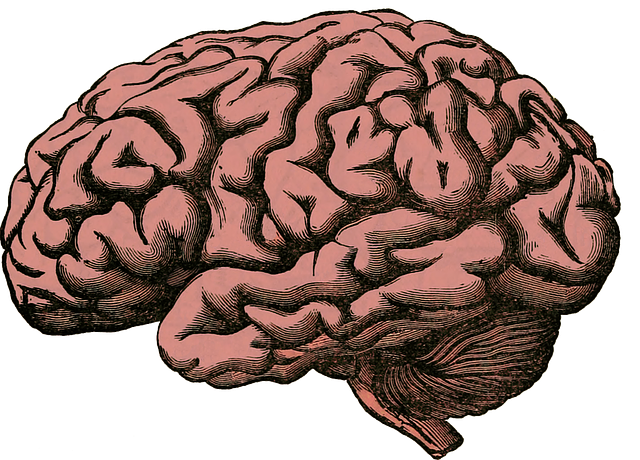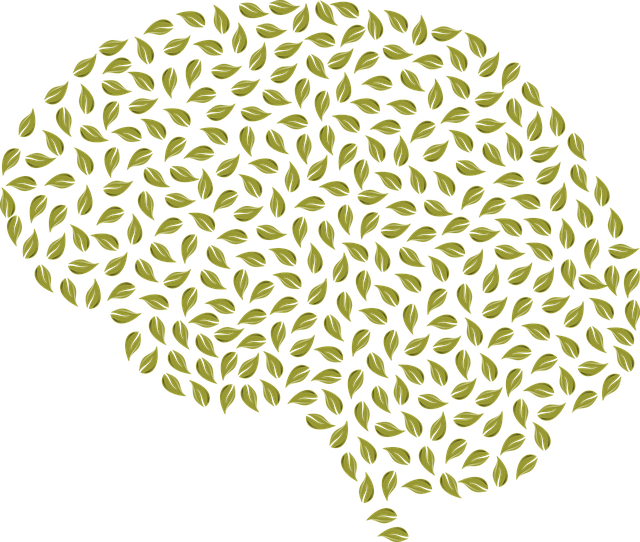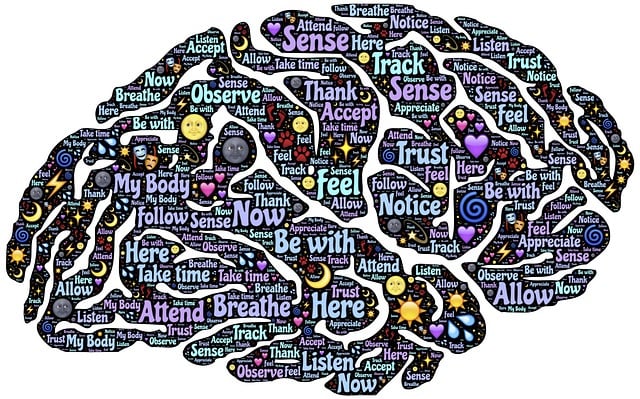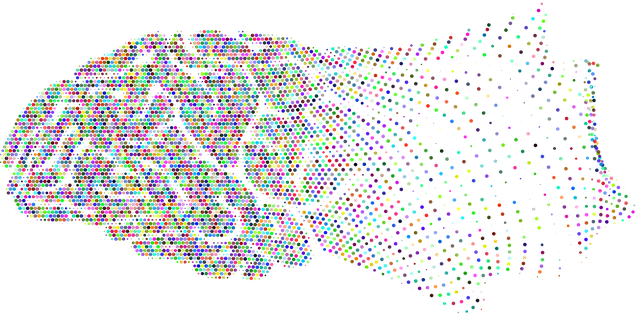In Highlands Ranch, the stigma around codependency significantly impedes access to mental health treatment, leading to isolation. To combat this, a multi-pronged approach involving education programs, community initiatives, and specialized therapy is necessary. These efforts aim to normalize conversations about mental health, dispel myths, promote self-care, and encourage individuals to seek help without fear of judgment. Through evidence-based practices like CBT and DBT, therapists create safe spaces for clients to process complex dynamics, fostering self-awareness and personal growth. Support groups further empower individuals through shared experiences, advocacy, and compassion cultivation.
Mental illness stigma is a pervasive barrier to treatment and recovery. This article explores strategies to reduce the profound impact it has on individuals and communities, with a specific focus on codependency stigma in Highlands Ranch. We delve into understanding the root causes of this societal issue, highlight effective approaches to combat it, and emphasize the transformative power of therapy and support groups tailored for codependency. By examining these efforts, we aim to foster empathy, promote healing, and pave the way for better mental health outcomes.
- Understanding the Impact of Stigma on Mental Health
- Strategies for Reducing Stigma in Communities and Healthcare Settings
- The Role of Therapy and Support Groups in Overcoming Codependency Stigma in Highlands Ranch
Understanding the Impact of Stigma on Mental Health

Stigma surrounding mental health issues has far-reaching consequences for individuals and communities alike. When a person struggling with a mental illness, such as codependency, faces societal stigma, it can lead to increased isolation, shame, and a reluctance to seek help. This often results in delayed treatment, poorer outcomes, and a cycle of avoidance that hinders recovery. The impact is particularly severe for those in communities like Highlands Ranch, where lack of understanding can breed fear and discrimination.
Reducing stigma is crucial for fostering an environment conducive to open dialogue about mental health. Implementing effective Mental Health Education Programs Design that promote awareness and dispel myths can significantly contribute to this cause. Encouraging positive thinking and self-care practices also plays a vital role in normalizing conversations around mental illness, helping individuals recognize their own struggles and seek appropriate support without fear of judgment or rejection.
Strategies for Reducing Stigma in Communities and Healthcare Settings

Reducing stigma surrounding mental illness requires a multifaceted approach that engages both communities and healthcare settings. In Highlands Ranch Codependency Therapy, for instance, therapists can play a pivotal role by normalizing conversations about mental health, using non-stigmatizing language, and emphasizing recovery as a journey rather than a destination. This can foster a supportive environment where individuals feel safe to seek help without fear of judgment.
Community initiatives such as mental wellness podcast series production can also significantly contribute to stigma reduction by sharing diverse stories of resilience and recovery. Education programs that promote stress management and resilience building further equip individuals with coping strategies, reducing the likelihood of internalizing negative stereotypes. By integrating these efforts, communities and healthcare providers can collectively create a more inclusive and supportive ecosystem for those navigating mental health challenges.
The Role of Therapy and Support Groups in Overcoming Codependency Stigma in Highlands Ranch

In Highlands Ranch, therapy plays a pivotal role in tackling codependency stigma head-on. Through specialized treatment programs, individuals struggling with codependent relationships can explore underlying emotional triggers and develop healthier coping mechanisms. Therapists equipped with knowledge in attachment theory and trauma healing facilitate safe spaces for clients to process complex dynamics, fostering self-awareness and personal growth. By integrating evidence-based practices such as Cognitive Behavioral Therapy (CBT) and Dialectical Behavior Therapy (DBT), Highlands Ranch codependency therapy offers effective tools to disrupt unhealthily patterns and promote emotional well-being.
Complementing individual therapy, support groups in Highlands Ranch serve as powerful catalysts for change. These group settings encourage members to share their experiences, gaining insights from peers facing similar challenges. The sense of community cultivates compassion among participants, breaking down the isolation often associated with codependency. Moreover, mental health policy analysis and advocacy within these groups empower individuals to speak up for better mental health resources and reduced stigma on a broader scale. Compassion cultivation practices are also integral, fostering empathy and understanding, not just among group members but in their interactions with society at large.
Stigma reduction is a multifaceted approach that requires community involvement, education, and support systems. By implementing strategies discussed, such as fostering open conversations about mental health in Highlands Ranch codependency therapy settings, we can create a more inclusive environment. Continuing to challenge societal norms and promote understanding will lead to improved access to care and enhanced well-being for those facing mental illness.














